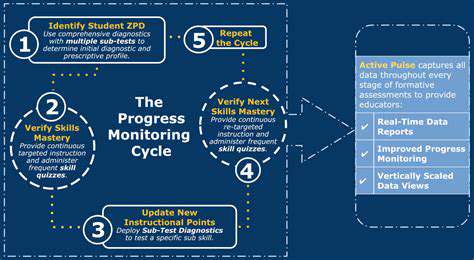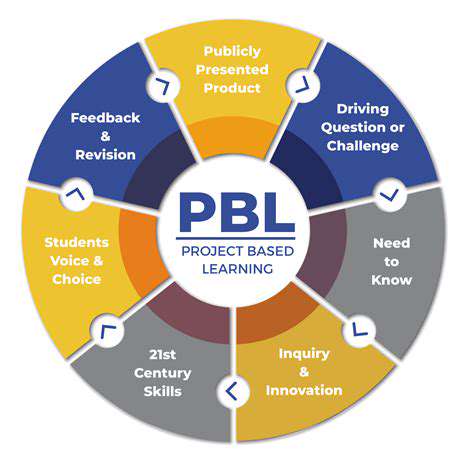The Importance of Modern Learning Approaches in Early Childhood EducationEarly childhood education is rapidly evolving, driven by the understanding that play and experiential learning significantly enhance children's development. This article delves into three innovative educational approaches—Play-Based Learning, Project-Based Learning, and Nature-Based Learning—and highlights their benefits, strategies for implementation, and challenges faced in traditional settings. 1. Play-Based LearningWhat Is Play-Based Learning? Play-Based Learning emphasizes the role of play in nurturing a child's cognitive, social, and emotional development. By engaging in structured and unstructured play, children explore their creativity, solve problems, and learn vital social skills while enjoying the process. This educational approach has proven effective; research indicates that children involved in play-based curricula often outperform their counterparts in traditional settings.Benefits of Play-Based Learning - Enhances problem-solving abilities- Encourages peer collaboration- Supports emotional regulation- Fosters creativity and innovationTo maximize this approach, educators should create stimulating environments filled with open-ended materials and encourage team projects fostering communication and cooperation among children. 2. Project-Based Learning (PBL)Understanding Project-Based Learning Project-Based Learning engages students in real-world projects that boost critical thinking and collaboration skills. Studies show that students participating in PBL exhibit higher retention rates and perform significantly better in assessments compared to those in traditional learning environments. Implementing PBL Educators should propose meaningful, interest-driven projects that promote exploration and inquiry. For example, a gardening project can connect children with nature while fostering teamwork and responsibility. Assessment strategies should measure both group collaboration and individual contributions, enhancing the overall learning experience. 3. Nature-Based LearningWhat Is Nature-Based Learning? Nature-Based Learning emphasizes experiential education, enabling children to interact directly with their environments. Engaging with nature enhances cognitive skills and fosters creativity, as studies suggest. Programs incorporating outdoor experiences significantly improve children's physical and emotional well-being while cultivating a sense of curiosity.Challenges and Implementation Despite its benefits, accessing safe outdoor spaces is often challenging, especially in urban settings. Educators can enhance nature-based learning by organizing nature walks, garden projects, and integrating outdoor experiences into the curriculum while ensuring safety protocols. 4. Technology-Enhanced LearningIntegration of Digital Tools Incorporating technology in early childhood classrooms enriches educational experiences. Digital tools can increase engagement and motivation, ultimately improving academic outcomes. For instance, apps designed for foundational skills can cater to various learning styles, creating a dynamic curriculum.Personalized Learning Adaptive technologies provide personalized learning experiences, addressing individual strengths and weaknesses, promoting self-paced learning, and allowing children to explore concepts comfortably while benefiting from guidance. 5. Social-Emotional Learning (SEL)Understanding SEL Social-Emotional Learning encompasses crucial skills such as self-awareness, emotional regulation, and relationship building, vital for navigating social environments. Programs incorporating SEL yield significant improvements in academic performance and behavioral outcomes.Effective Strategies for SEL Educators can adopt storytelling, role-playing, and routine feelings check-ins to cultivate a supportive environment for emotional expression and peer connection. Modeling these skills helps reinforce a culture of empathy and respect. ConclusionBy integrating Play-Based, Project-Based, Nature-Based, Technology-Enhanced Learning, and Social-Emotional Learning into early childhood education, educators can provide holistic development opportunities. These innovative approaches not only prepare children academically but also equip them with essential life skills, fostering the next generation of thinkers and leaders.














